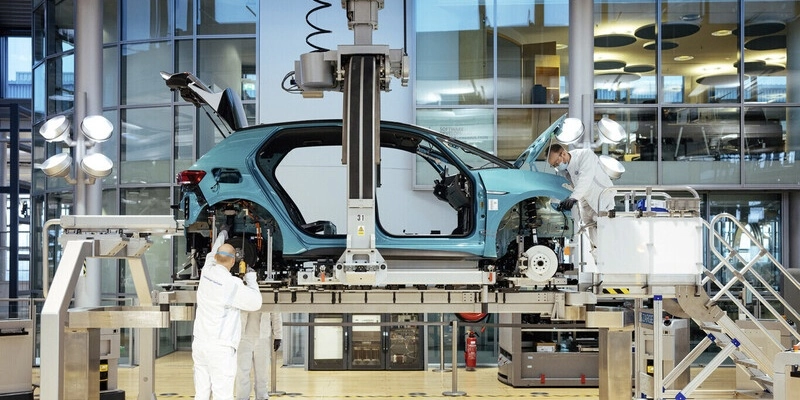Electric vehicle batteries are designed to power a car for 10 to 20 years without the need for repair or replacement.

In Europe, most brands offer an eight-year or 160,000-kilometer warranty, during which the health of these batteries is expected to not drop below 70 per cent.
According to Ignacio Casado, Director of Marketing and Communication at the Instituto Tecnológico de la Energía (ITE), batteries have a programmed lifespan of approximately 7,000 to 8,000 cycles, depending on the model.
Their lifespan depends on several factors, such as their power, the type of car, and the driving style of each owner.
What could be done to prolong their durability?
“We are focusing on technological development, an area in which we are working very strongly,” says Casado to Mobility Portal España.
This involves improving the energy density, sustainability, and efficiency of batteries.
To achieve this, research is being conducted with new chemicals that could enhance their capacity and performance.
One of these solutions is solid-state lithium batteries, which, according to Xavier Castellsagué, Head of the Endolla Barcelona Unit, at an event organized by Mobility Portal España, could be the future.
He specifically noted: “These will play a fundamental role and could represent 70 per cent in the purchasing decision.”
This is due to the benefits offered by this technology.
Among them, it provides a better cost-benefit ratio, greater safety, autonomy, weight and size reduction, greater durability, faster charging, and a lower environmental impact.
To this end, ITE has a research line focused on solid flow batteries, which are linked through a circular economy framework.
In this sense, efforts are being made to develop that activity environment to improve the safety and energy density of current cells.
Specifically, it is involved in a pilot called Circular Carbon, which serves as a demonstration of a circular economy approach based on innovative valorization technologies.
This project promotes energy transition and decarbonization within the industrial fabric of the Valencian Community.
This demonstrator involves the obtaining of sustainable activated carbon from local waste, as well as the generation of bio-sustainable components of high added value for next-generation batteries and for the environmental treatment of water and gases.
“We collaborate directly with companies to facilitate testing trials and verify the correct operation of their batteries or components,” details Casado.
They also focus on the second life and recycling of batteries, particularly in the characterization of those from the automotive sector.
“The exponential growth of electric mobility is driving a significant increase in battery manufacturing,” says Casado.
This in turn is fostering the development of R&D+i to meet this demand and growth forecast.
What happens when batteries are no longer suitable for use in electric vehicles?
Electric cars require very high starting powers, and therefore these batteries suffer, decreasing their initial values.

According to the Director of Marketing and Communication, these can retain around 60 per cent of their efficiency after this period of use.
This indicates that they do not become useless or lose all their performance, as they can retain an energy density that, although perhaps not useful for the vehicle itself, is for other applications.
The main use of second-life modules is in the stationary environment at the domestic level, in local energy communities, or in photovoltaic parks.
“They are completely useful in this area,” he indicates.
ITE has several pilot plants dedicated to battery manufacturing, as well as its entire value chain, including second life and recycling.
“We are the only laboratory with these capacities within the Valencian Community and we are working intensively,” emphasizes Ignacio Casado.








